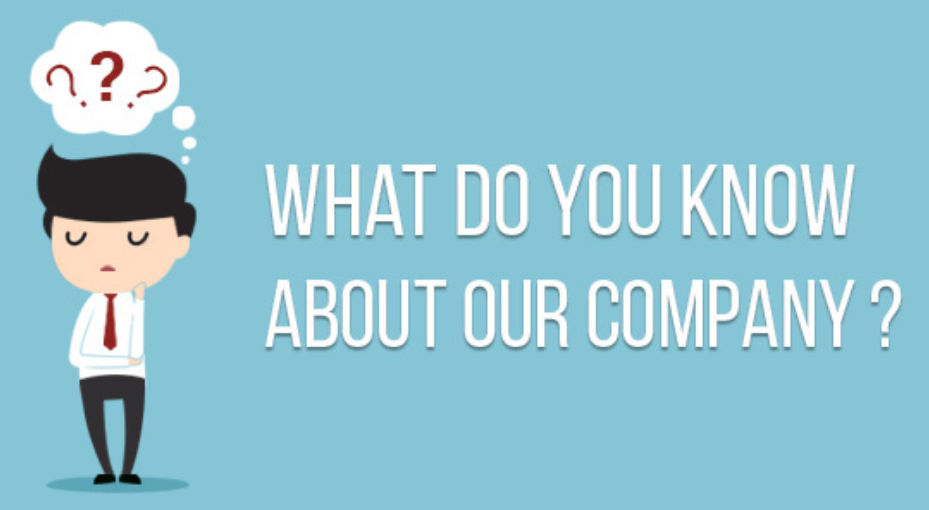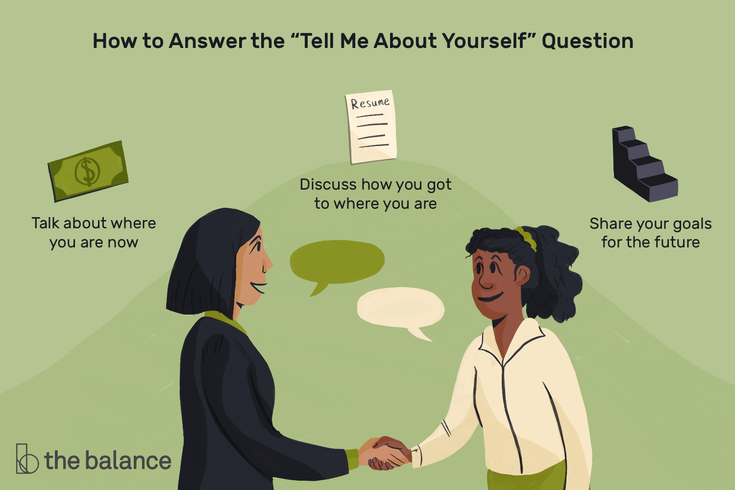Some questions are guaranteed to arise in every interview. We say. What these questions mean and how to answer them correctly. The invitation to an interview is a unique opportunity for you to score points with this potential employer. It is essential to prepare thoroughly for the interviewer’s questions.
In addition to the overall impression and, of course, your qualification, the questions in the interview are crucial – or rather your answers. Your potential employer wants to learn as much as possible about you: personality, character, habits, preferences, motivation, strengths and weaknesses, and much more. Each question/answer complex is like a piece of the mosaic that fits into the overall picture. With all the resourcefulness of human resources, there are several questions that almost every applicant gets to hear. Here is a selection of the most common hr interview questions that are asked in job interviews.
- Tell us/me something about yourself.
If your interviewer initiates the conversation by saying that he wants to ask you a few “questions” and then says “Tell me something about yourself …”, you should under no circumstances reply: “Strictly speaking, this is not a question.” You would have already lost the game. The subtlety of a superior is out of place in an interview – and not only here, by the way. When asked to “Tell …”, no novel should follow from the day you were born until today. It is not about presenting your biography. The other party would like to know whether you can filter out the key points, which key points they are, and what is important to you. Be prepared for interruptions. A follow-up with “why?” and “can you explain that?” is not uncommon and is mainly used to determine whether you have mastered “your subject” and whether you cannot be disturbed.
- Why did you apply to us?
The main thing here is to determine whether the applicant has done his homework. If you have dealt with the company’s history, company policy, guidelines, and vision in advance (via the website, image brochures, other publications ), you can establish a connection to the focus areas in your qualifications and strengths.
- Why do you want to leave your current employer?
This question aims to determine whether you, as an employee, have the stamina or quickly throw the shotgun into the grain and prefer to look for a new job as soon as difficulties or inconveniences arise. Conflicts at your previous post could also be the reason for your desire for a change. Under no circumstances should you mention this. Explain that you have set new professional goals and are looking for new challenges, and address specific points in the area of responsibility mentioned in the job advertisement.
What you can do in advance:
Go through the job posting systematically and filter out 2-3 key points. Formulate specific goals that fit these points.
- What do you know about our company / our company?
Here too, it is a matter of checking how intensively you have dealt with your potential employer in advance.
What you can do in advance:
Collect all information about the company in advance. Structure of the collected data: industries, company history (key points), philosophy, product range, range of services, economic indicators, etc. Mark important things with a highlighter to highlight them.
- What would you like to have achieved in three (five or ten) years?
The HR manager wants to use this question to explore the extent to which you are concerned about your future, whether you have developed prospects and – as the saying goes – have a plan.
However, it would be essential to emphasize that your “plan” coincides with the company’s ideas. Yet, you also have to express that you are flexible and open to “interesting things.”
Conclusion
It makes little sense to memorize the answers to the questions you expect in advance: Your counterpart would notice this immediately. You would quickly catapult yourself out of the selection process. In addition to proper preparation, one thing is much more useful: self-confident, friendly, and authentic answers. When answering a question – no matter how inconspicuous and casually asked – one should always consider: Trained interlocutors – whether HR staff or contact persons in the future specialist department – are not only interested in the content of your answers.

